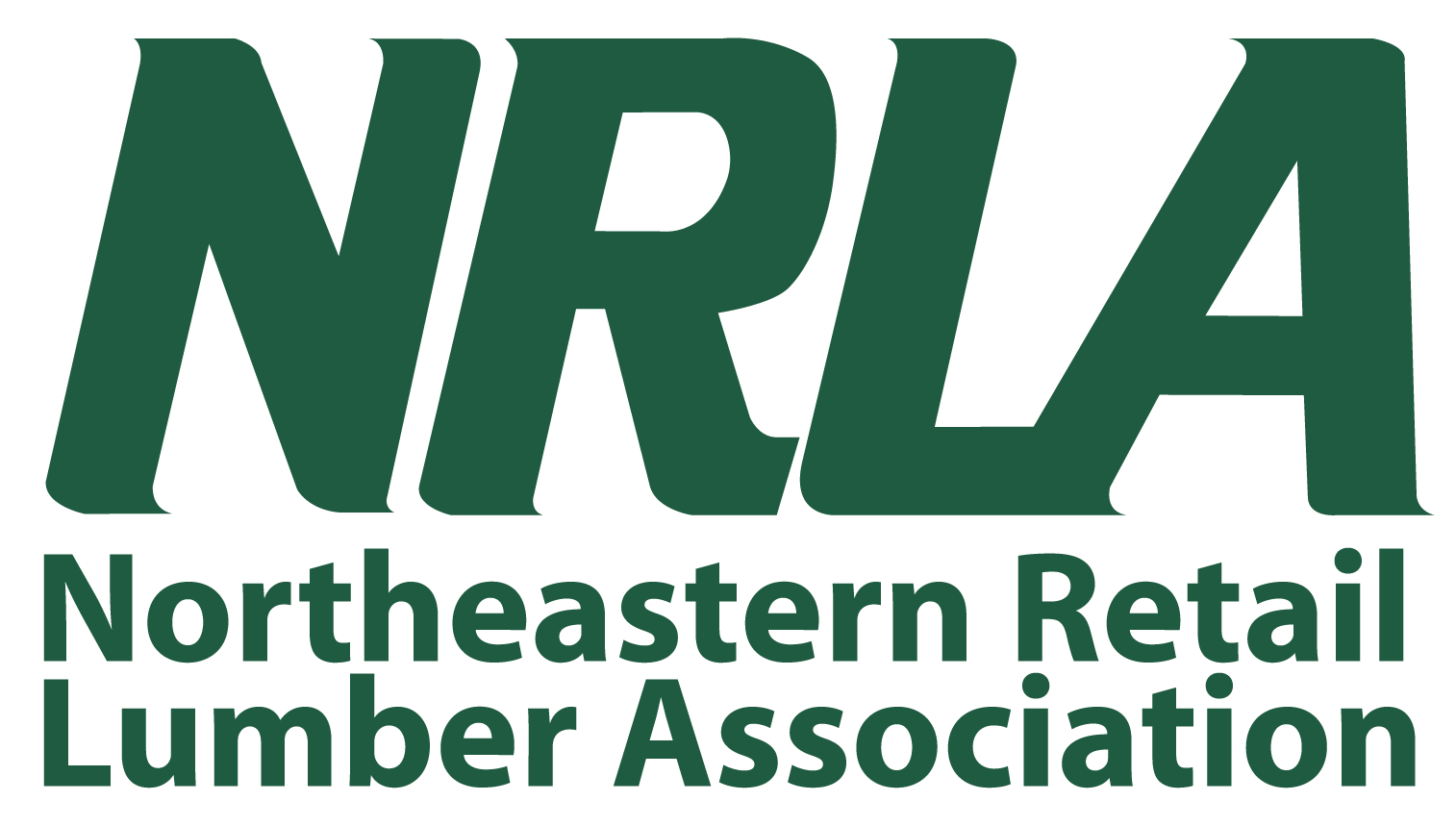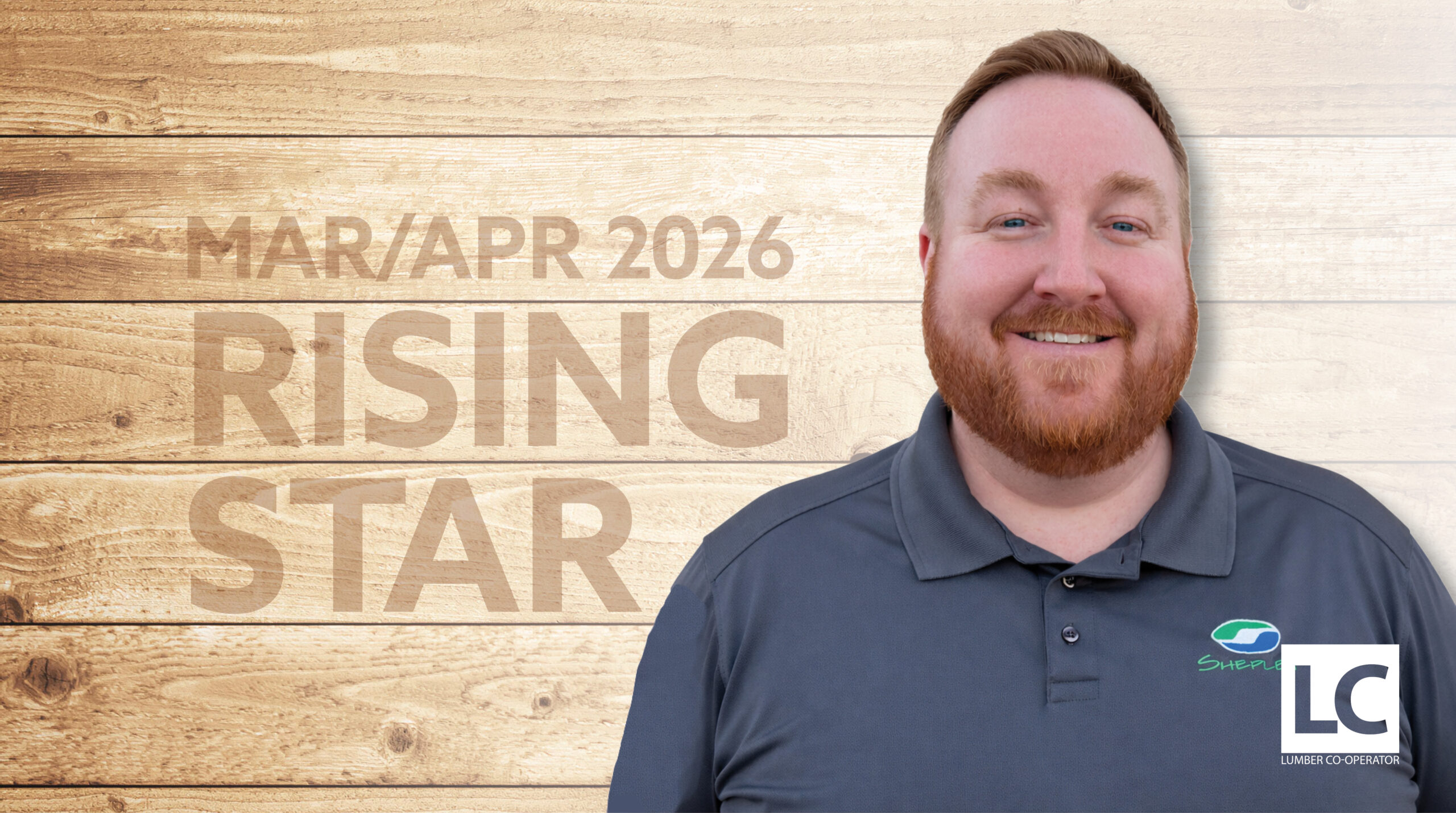Superior communication is one of the most valuable—and often underrated—tools an LBM salesperson has to work with. Whether you’re working with long-time customers, new customers, or your own colleagues in other departments … Clear and effective communication can be the difference between being a mediocre supplier and a trusted partner.
Here’s the reality: the typical LBM dealer has dozens of moving parts—from sales to operations, purchasing, credit, dispatch, inventory, and back-office accounting. When communication breaks down between any of these links, the customer experience suffers … including mistakes, delayed deliveries, unmet expectations, and the customer’s trust erodes.
Unfortunately, many salespeople fall into habits that can unintentionally add to the chaos: vague promises, incomplete orders, missing details, lack of follow-up, and assuming someone else will “handle it.” Improving communication, both externally (with customers) and internally (with other departments), is a critical skill every salesperson can master. Here are some practical ways to do it:
1. Communicate the Full Picture to Customers
One of the most important things you can do is to give customers the full picture—not just what they want to hear. Too often, salespeople tell customers what they think will make them happy in the moment, rather than being transparent about lead times, backorders, substitutions, or delivery challenges.
When customers have an accurate understanding of availability, costs, and delivery timelines, they can plan accordingly—and they’re far less likely to be frustrated later.
2. Don’t Rely on Memory—Use Technology
Many LBM dealers still depend heavily on verbal conversations, sticky notes, or the salesperson’s memory. That’s a recipe for things falling through the cracks, especially as your customer base grows.
Utilize technology, such as ‘Reminders’ on your phone or laptop. Also, electronic folders can help you to be more organized. Some CRMs can also help you become more professional.
3. Learn to Ask Clarifying Questions
One of the fastest ways to improve communication is to ask better questions. Many customers’ problems stem from incomplete or misunderstood orders.
Examples:
- “Do you have a job schedule you can share with me?”
- “Who’s my contact on the job site?”
- “When do you really need this on the jobsite?”
By asking these types of questions up front, you can avoid problems later—and customers will appreciate that you’re thinking ahead on their behalf.
4. Communicate Across Departments—Not Just Within Sales
In many yards, the sales team operates in a bit of a bubble, not realizing how much their communication (or lack of it) affects other departments. But the best-performing yards today foster a culture where sales, operations, dispatch, credit, engineering, etc., communicate well with each other.
Building these habits can dramatically reduce internal friction, reduce errors, avoid miscommunication, and help your entire team serve customers better.
5. Follow Up, Follow Up, Follow Up
One of the biggest complaints contractors have about suppliers is lack of follow-up. They’ll tell you, “I talked to a salesperson about this and then never heard back.”
It takes just a few minutes a day to review your pending customer conversations, quotes, orders, or delivery promises and follow up—whether by phone, text, or email. This simple habit shows professionalism and reliability. And in today’s market, responsiveness is a key differentiator.
6. Manage Expectations
Not everything will go perfectly—and customers understand that. The key is to manage expectations up front and communicate quickly when something changes.
If a delivery is going to be late, call the customer the minute you know, not after the fact. If a product is unavailable, offer alternative solutions as soon as possible. Managing expectations builds trust and prevents surprises that can damage your reputation.
7. Share Information with the Whole Team
Finally, remember that good communication isn’t just about talking—it’s about sharing relevant information so that others can do their jobs better.
For example, when landing a large project, make sure operations, dispatch, and credit know about it so they can plan accordingly. When onboarding a new builder customer, give other departments notification and background so they’re prepared to service them.
The more you make communication a team sport—not just a personal task—the smoother your business will run.
The Bottom Line
At the end of the day, being a clear and effective communicator can do more than close a sale—it can shape how customers see you, how your team works together, and how your business shows up in the market. The best salespeople aren’t just great talkers—they are great communicators. They listen well, ask the right questions, follow up consistently, and coordinate with the entire organization to deliver a great experience.
If you can build these communication habits into your daily routine, you’ll stand out from the competition—and customers will reward you with loyalty, referrals, and ongoing business.
Mike McDole has 40+ years of actual LBM experience, including being SVP of a large regional pro-dealer, and is the principal of Firing Line LBM Advisors. He’s also partners with Greg Brooks of the Executive Council on Construction Supply and his LMS. Mike can be reached at 774.372.1367 or Mike@FiringLineLBM.com.







